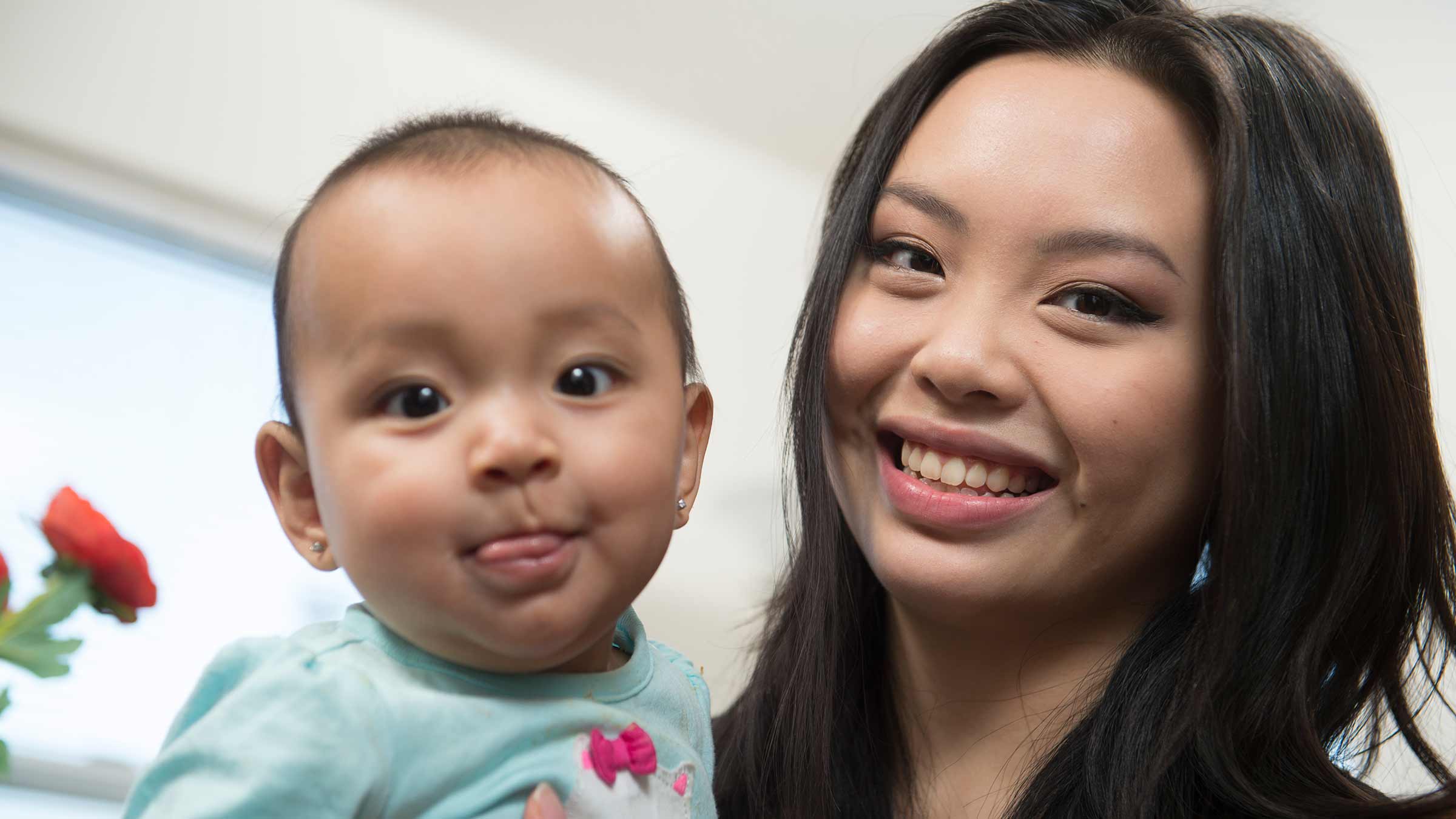
With 80 percent of brain growth occurring before age three, babies and toddlers are at a crucial time of potential. Children facing the chronic stress of poverty are most likely to be exposed to adverse childhood experiences (ACEs) that can manifest as trauma and alter brain development. Access to stable, nurturing early childhood care and education positively impacts the learning and health of children and their parents 1, 2, acting as a buffer for instances of ACEs.
Yet thousands of families with young children lack access to consistent services and childcare provider relationships that honor their strengths and family culture and support healthy development. The COVID-19 crisis disproportionately harms those facing the most barriers, starkly highlighting existing disparities.
Greater Twin Cities United Way recently brought together local experts to share their visions for our 80×3 initiative, which seeks to accelerate community-based solutions to expand our region’s capacity to deliver trauma-sensitive early childhood care and parent engagement. 80×3 aims to improve staff retention among early childhood care and education professionals; provide trauma-sensitive training and coaching; and increase equitable and holistic family navigation, education and engagement.
To offer grounding in why this work matters, Dr. Megan Gunnar, Regents Professor at the University of Minnesota, provided an overview of brain architecture and the impact of poverty, trauma and toxic stress on early development. She underscored that “development is probabilistic, not deterministic.” Positive experiences, which happen in quality early childhood care and education settings, can help children be more resilient to early ACEs.
Dr. Jakub Tolar, Dean of Medical School & Vice President for Clinical Affairs at the University of Minnesota, made a case for the broader societal impact of early interventions. Because the brain is so amenable during the first 1,000 days of life, allocating resources during this time is paramount to addressing Minnesota’s opportunity gaps. Additionally, Dr. Tolar noted that “heath inequity by race is obvious to those willing to look – and unacceptable. We must and can do better.”
Catholic Charities and Northside Achievement Zone (NAZ) are core design partners for 80×3. Jaton White, Director of Community Wellness at NAZ, shared examples of community-based solutions grounded in the NAZ trauma-responsive Community Wellness Framework. NAZ uses training, provider consultation and family resource referrals to ensure children, parents, teachers and others actively participate in healing and supporting one another.
When asked about 80×3, Dr. Gunnar believes if we “pull together we can become a mighty force.” Ms. White referred to the initiative as being able to unleash limitless possibilities for families.
Please consider supporting early childhood success by:
Together, we can ensure all children have the tools to thrive and are resilient from the start, regardless of income, race or place.
[1] Halfon N, Larson K, Son J, Lu M, Bethell C. Income Inequality and the Differential Effect of Adverse Childhood Experiences in US Children. Acad Pediatr. 2017 Sep-Oct;17 https://www.academicpedsjnl.net/action/showPdf?pii=S1876-2859%2816%2930497-1
[2] The Urban Childhood Institute, Child Poverty and Adult Success, 2015: https://www.urban.org/sites/default/files/publication/65766/2000369-Child-Poverty-and-Adult-Success.pdf